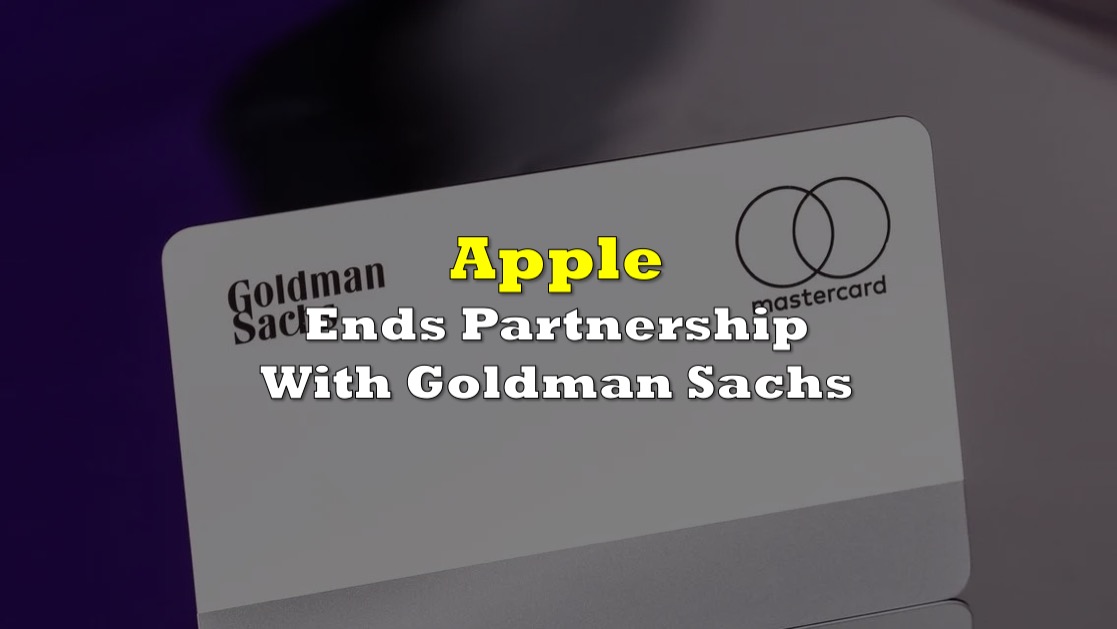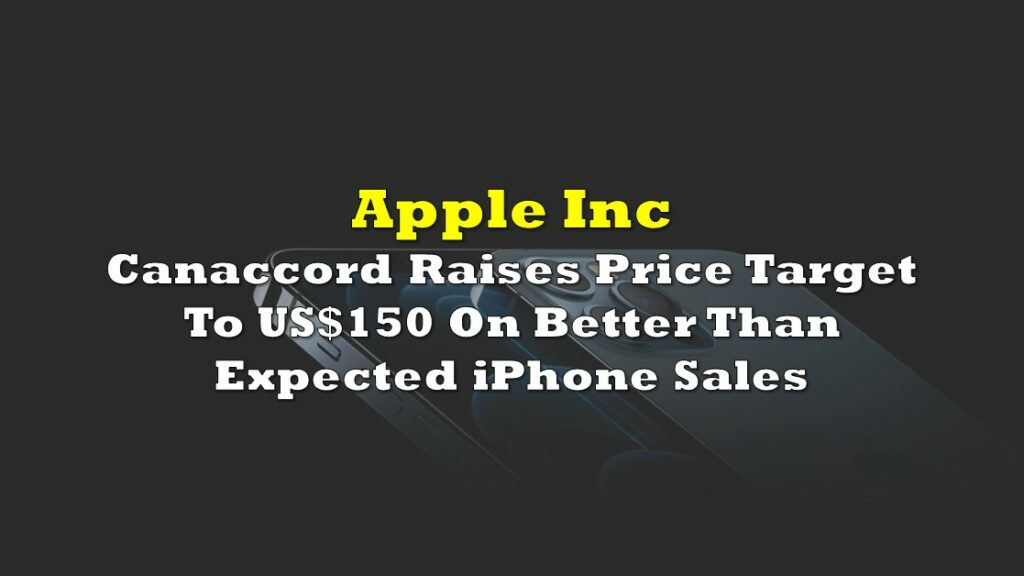Apple (NASDAQ: AAPL) is discontinuing its credit-card partnership with Goldman Sachs, signaling the conclusion of the Wall Street bank’s venture into consumer lending. Sources familiar with the matter revealed that Apple has submitted a proposal to exit the contract over the next 12 to 15 months, encompassing their entire consumer partnership, including the credit card introduced in 2019 and the recently launched savings account.
It remains uncertain whether Apple has secured a new issuer for the card. This decision marks a swift reversal for a program that, just over a year ago, was extended through 2029 and was intended to be a cornerstone of Goldman’s expansion into consumer banking.
BREAKING: Apple is shutting down its credit card partnership with Goldman Sachs.
— The Kobeissi Letter (@KobeissiLetter) November 28, 2023
According to WSJ, the contract will be terminated within the next 12 to 15 months.
The exit will cover their ENTIRE consumer partnership which began in 2019.
This includes shutting down the… pic.twitter.com/XT8ypvbfKE
The shift in direction commenced towards the end of the previous year when Goldman incurred significant losses in its attempts to establish a comprehensive consumer operation. By early this year, Goldman informed Apple of its intention to divest from the partnership. Typically the merchant, in this case, Apple, assumes a leading role in such collaborations.
Goldman has engaged in discussions with American Express about potentially transferring the program to the card giant. However, Amex has expressed reservations, including concerns about loss rates, and it remains unclear if these discussions are ongoing. Synchrony Financial has also explored the possibility of taking over the credit-card program, with sources indicating that discussions have taken place. Synchrony, a major issuer of store credit cards in the U.S., has sought to position itself as an issuer with close ties to tech companies and already counts Amazon and PayPal among its largest card partners.
For Apple, this development represents a setback for its services business, which has become increasingly vital as iPhone sales plateau. Nevertheless, the Goldman partnership constitutes a relatively small portion of Apple’s overall revenue stream. In Apple’s September quarter, overall sales experienced a minimal decline of less than 1%, while services revenue grew by approximately 16%.
For Goldman, the partnership played a significant role in its unsuccessful attempt to diversify beyond serving large corporate clients and high-net-worth individuals. Its termination signifies a retreat from this failed experiment, with Goldman refocusing on its core client base.
Earlier this year, Goldman reported losing $3.03 billion from January 2020 to September 2022 on its Platform Solutions division, the collection of businesses that includes Apple Card, according to filings.
Earlier reports indicated that Goldman also plans to end its credit-card partnership with General Motors, with GM expected to lead the search for a new issuer. In October, Goldman agreed to sell GreenSky, specializing in home-improvement loans, to a group of investors. The firm has ceased originating personal loans and divested most of those balances.
The relationship between Goldman and Apple faced initial challenges, with Apple’s advertising approach causing friction with certain Goldman executives. Disagreements arose over approval rates, with Apple advocating for nearly all applicants to be approved, leading to increased loan losses for Goldman. Apple’s insistence on sending cardholders’ bills at the beginning of the month, in contrast to the industry norm of a rolling basis, created operational challenges for Goldman’s customer-service employees.
Privately, some Goldman executives attribute regulatory scrutiny to Apple, with the Consumer Financial Protection Bureau investigating the bank’s credit card account management practices. Additionally, the Federal Reserve has been examining Goldman’s broader consumer-lending business, prompting the bank to allocate resources to address regulatory issues through an internal effort named Project Blue.
As Goldman navigates this transition, the bank is exploring ways to retain credit-card employees until the Apple account is fully transitioned. In response to potential job eliminations, Goldman has introduced a program offering eligible employees in its credit-card partnerships compensation equal to one year of their pay. This program is being extended to certain employees, including those in legal and engineering roles, who work outside the consumer-lending unit but are primarily focused on serving its needs.
Information for this story was found via The Wall Street Journal and the sources mentioned. The author has no securities or affiliations related to this organization. Views expressed within are solely that of the author. Not a recommendation to buy or sell. Always do additional research and consult a professional before purchasing a security. The author holds no licenses.









